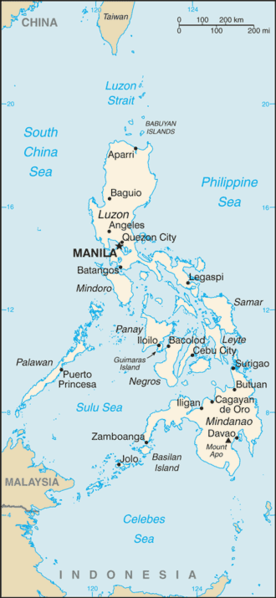Health officials in Pangasinan province in western Luzon are reporting the first leptospirosis fatality of the year in a Mangaldan teen, according to local media reports. This follows serious flooding after heavy rains earlier this month.

Provincial Health Office data indicated at least 17 leptospirosis cases from January to mid-July – more than the 15 recorded in the same period last year.
The most recent data from the Philippines Department of Health Epidemiology Bureau shows a total of 159 suspected leptospirosis cases from Jan. 1 to April 4 this year. That number was a 20% decrease compared to the same period in 2014.
Health officials warn against wading in floodwaters because of the risk of contracting leptospirosis.
Leptospirosis is a bacterial disease that affects humans and animals. It is caused by bacteria of the genus Leptospira.
The bacteria that cause leptospirosis are spread through the urine of infected animals, which can get into water or soil and can survive there for weeks to months.
In humans, it can cause a wide range of symptoms, some of which may be mistaken for other diseases. Some infected persons, however, may have no symptoms at all.
Without treatment, Leptospirosis can lead to kidney damage, meningitis (inflammation of the membrane around the brain and spinal cord), liver failure, respiratory distress, and even death.
The infection can be treated with antibiotics (penicillin and doxycycline), especially if started early in the disease. For very ill patients, intensive care support and IV antibiotic may be necessary.


One thought on “Pangasinan reports 1st leptospirosis death of the year”